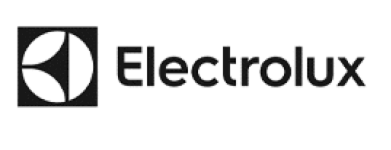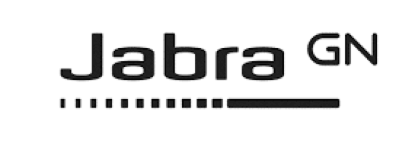Feature Comparison
ReverseLogix vs Loop Returns
The Loop Returns Alternative that makes Returns Management Easy
Get a Demo
Explore Smarter Returns Management with ReverseLogix
Explore Smarter Returns Management with ReverseLogix








Supports even & uneven exchanges, enabling swaps of products with equal or different value
Offers advance exchanges by shipping replacement before receipt of the faulty item
Offers even exchanges for same-value items
Advanced Exchanges (even across different products) available only on Pro/Plus plans after return initiation
Purpose-built for both B2B and B2C returns
Handles manufacturing, 3PLs, ecommerce, retail, and industrial industries
Small package, bulk, return-to-vendor
Primarily focused on B2C/e-commerce within fashion/apparel
B2B and bulk return support is limited
Seamless integrations with ecommerce and POS systems like Shopify & more
Connects deeply with ERPs (SAP, Microsoft Dynamics, Oracle, NetSuite), WMS, OMS, and shipping tools
Supports custom APIs
Offers Shopify, BigCommerce, Klaviyo, Gorgias, ShipHero, Zapier integrations
Less ERP/WMS depth
AI-powered chat for automated support, branded returns portal for self-service returns and tracking
Offers contactless pickup, in-store drop-off, instant credit/exchanges
Provides branded portal and self-service returns/tracking
Chat support (non-AI); Instant Exchanges via card hold after initiation
Supports pickup and drop-off return methods
Automated fraud detection with SKU/image checks, policy rules, velocity checks
ML-based fraud scoring with historical data and velocity rules; photo upload options for verification
ReverseLogix gives you more control: even, uneven, and advanced exchanges. That means your customers won’t see downtime when things go wrong.
RL supports both B2C and B2B returns, plus complex logistics (serial numbers, pallets, etc.). Loop focuses mostly on e-commerce consumer returns.
RL connects deeply into ERPs, WMS, OMS, and shipping systems, which is critical for industrial and enterprise operations. Loop integrates with top ecommerce platforms but offers limited warehouse or ERP integration.
RL reduces service costs and improves visibility with AI chat, branded portals, configurable rules engine, real-time tracking, and flexible return options. Loop offers standard support, without AI, and more limited exchange handling.
Both platforms offer automated fraud monitoring, but RL adds SKU and image checks, powerful rule engines, and velocity detection.
Streamline repairs, warranties, and reverse logistics with the power of AI.